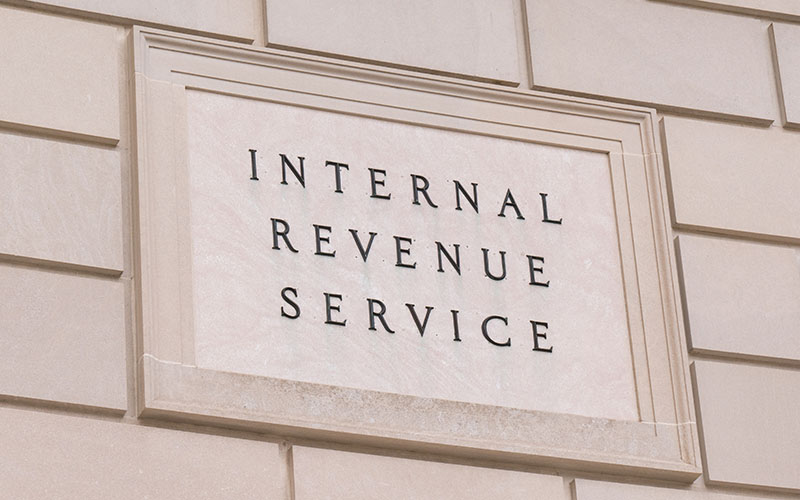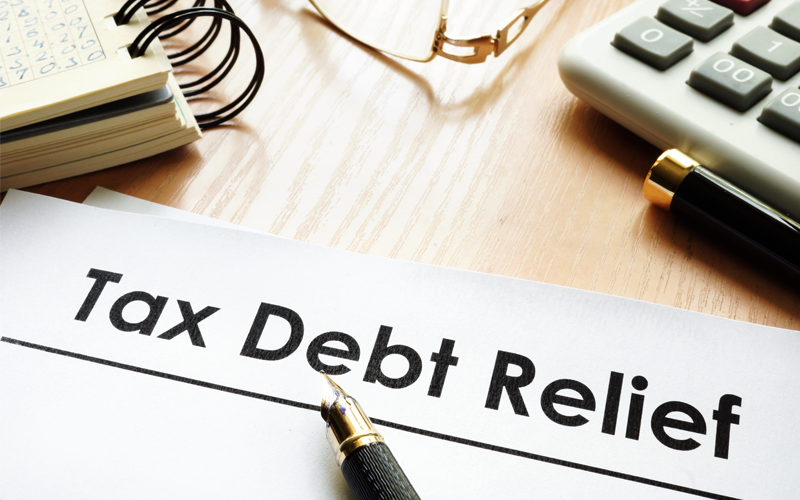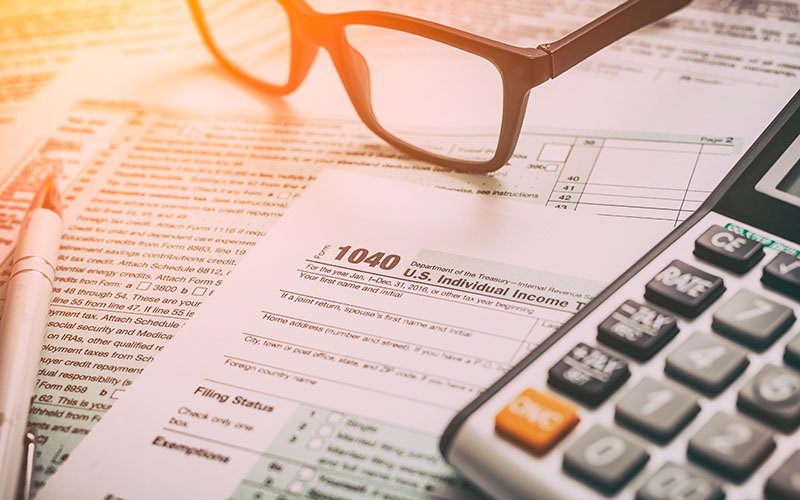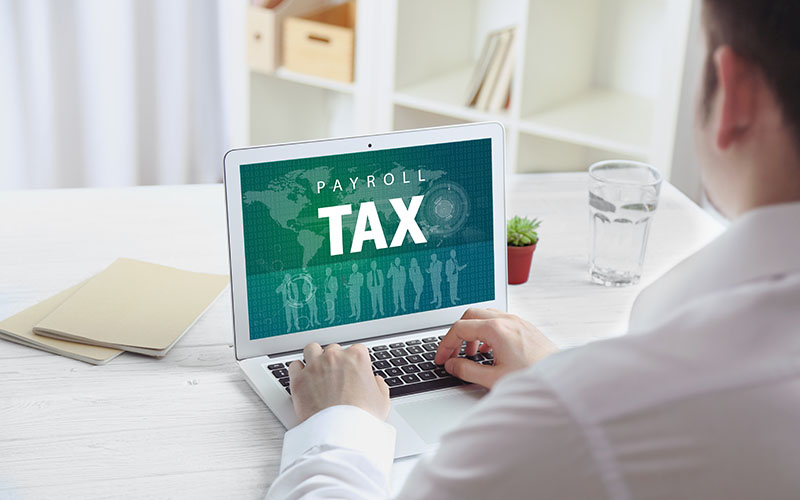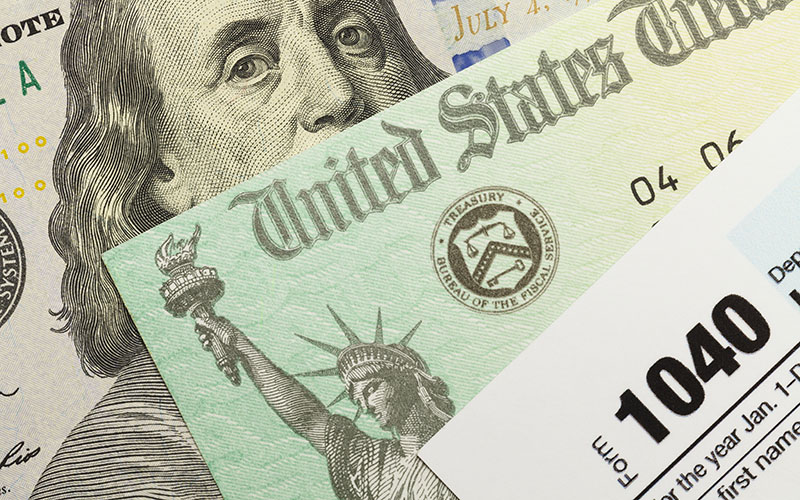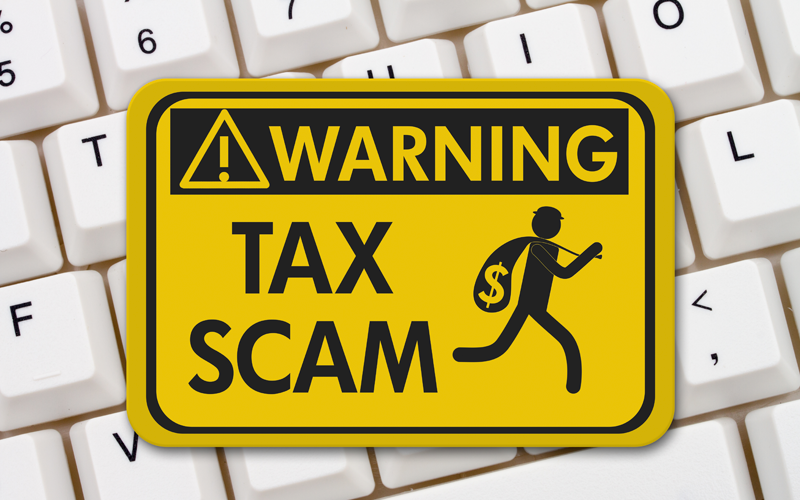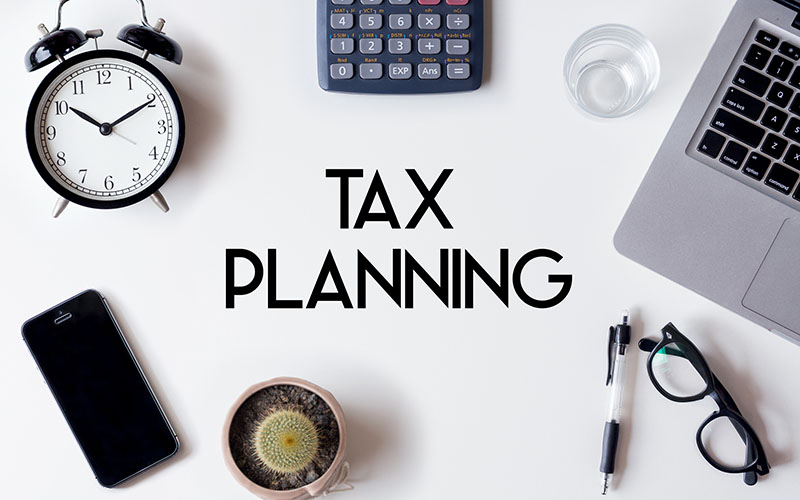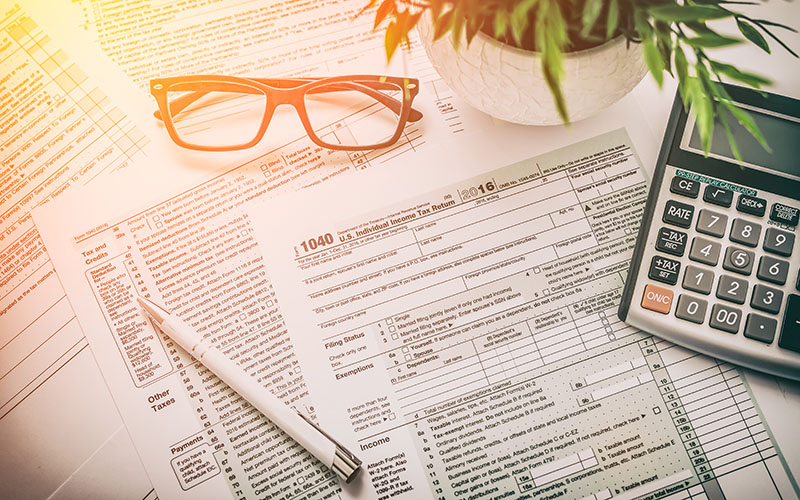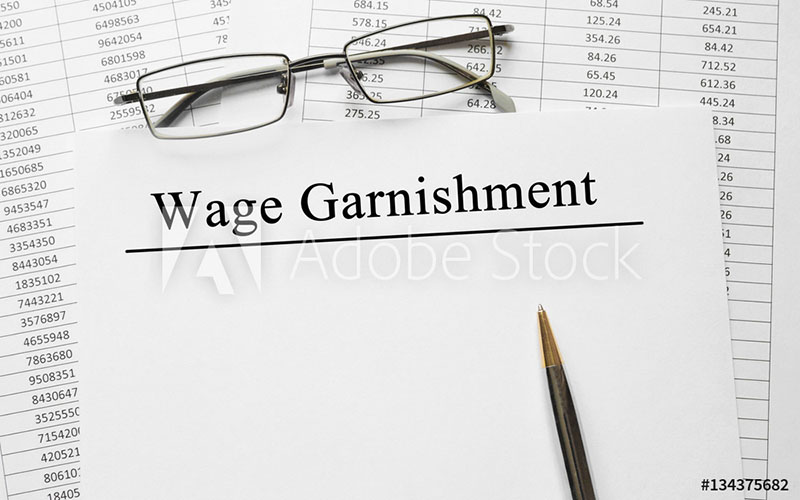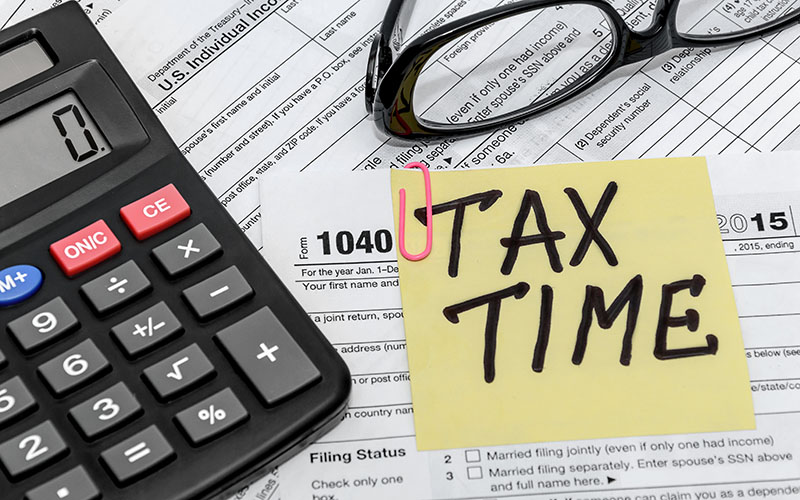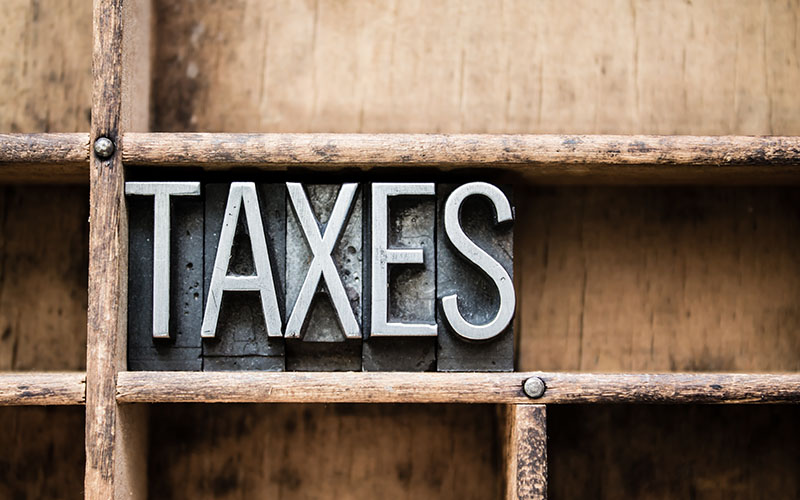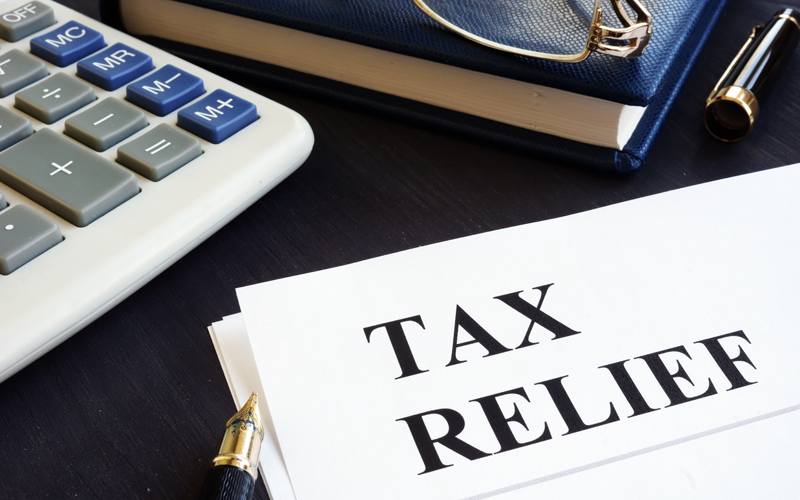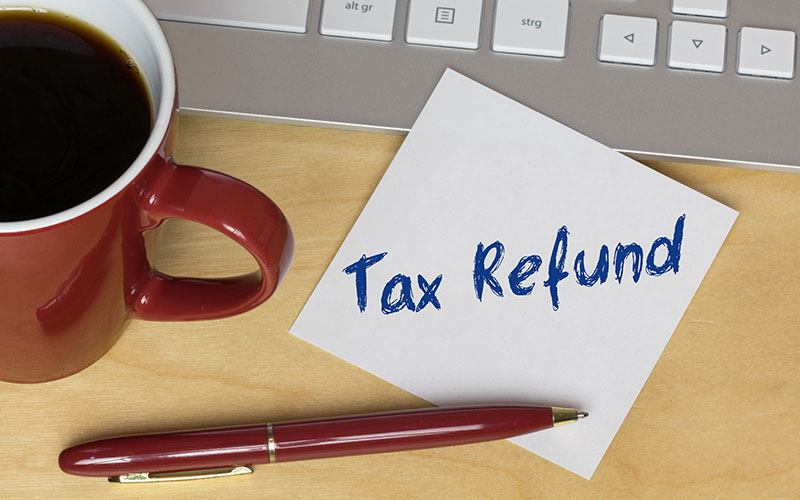IRS Tax Lien: What It Is And How It Works
Key Takeaways
- A federal tax lien is a legal claim the IRS places on your property when you fail to pay a tax debt, impacting both personal and business assets
- Liens hurt your credit and can restrict your ability to sell or refinance property, even if you declare bankruptcy
- Avoid tax liens by paying taxes in full and on time, or by arranging an IRS-approved payment plan early
- To remove a lien, pay your debt in full or negotiate a settlement; the lien is typically released within 30 days of payment
- Resources exist—from IRS hotlines to tax relief companies—to help you manage, prevent, or resolve a tax lien effectively
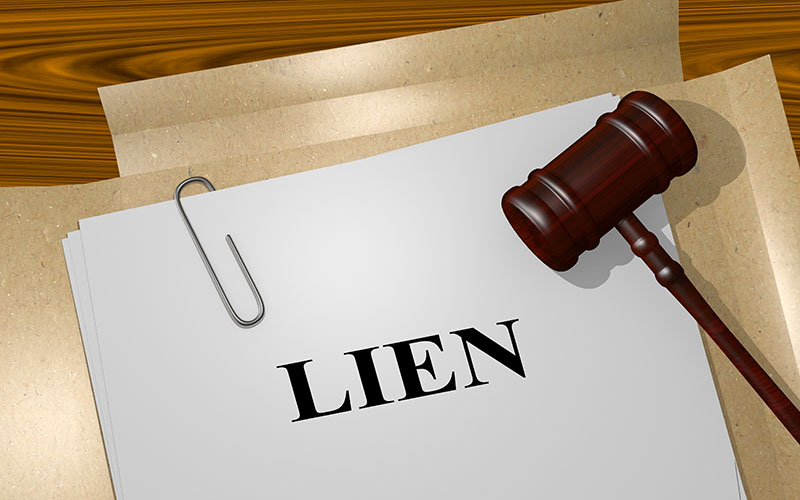
What Does It Mean If You Have A Federal Tax Lien?
When you neglect to pay your tax debt, the federal government will attempt to claim what you owe.
There are many ways that the IRS can do so, and one of those ways is through a tax lien.
In this guide, we’re covering what a tax lien is, why it happens, and what you can do if you find yourself in this situation.
Below we break down the following information about tax liens:
- What Is A Tax Lien?
- Helpful Terms
- What Causes A Tax lien?
- What Getting A Tax Lien Means For You
- How To Avoid A Tax Lien
- Debt Relief Resources
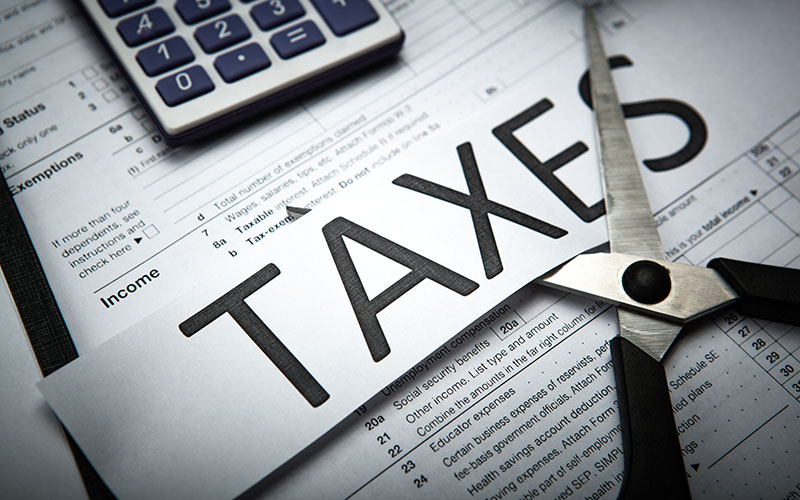
What Is A Tax Lien?
A federal tax lien occurs when the government makes a claim against your property when you fail to pay a tax debt.
The IRS first assesses your liability and then sends you a bill stating how much you owe.
If you neglect to pay this bill or don’t pay on time, the IRS can file a Notice of Federal Tax Lien. This is an alert that the government has a legal right to your property.
What does this mean?
The government may place a tax lien on your property for unpaid property taxes or unpaid income taxes. It ensures that the IRS gets the primary claim over creditors. This does not mean that your property will be sold to pay off your debt.
After a lien is filed, it will show up on your credit report and may prevent you from selling or refinancing your property.
The lien stays in place until your debt/tax liability is paid off or the statute of limitations expires.
Helpful Terms You Should Know
Lien Vs. Levy
A lien allows the government to have priority over other creditors that are vying for your property. A levy, on the other hand, actually seizes the property to pay off your tax debt.
Tax Lien Certificate
A tax lien certificate is a notice against your property that state that a lien placed upon it as a result of unpaid taxes.
Back Taxes
If you have back taxes that mean that your taxes have only been partially paid or are fully unpaid and that you owe payment to the IRS. You can have back taxes at the federal, state, and local levels.
Silent Automatic Lien
A silent automatic lien is a lien that does not appear on public record.
Tax Lien Foreclosure
Tax lien foreclosure occurs when the government sells the property as a result of the owner not paying back taxes.
What Causes An IRS Tax Lien?
You can face an IRS tax lien if you neglect to pay taxes owed to the IRS.
The best way to avoid a tax lien is to pay the due balance in time or make consistent payments in accordance with your payment plan. A tax lien is a last resort by the IRS to force someone to pay back taxes.
What Getting A Tax Lien Means For You
If a tax lien has been filed on your property, this will affect you and your assets in a few ways:
- Credit Score – The lien will show up on your credit report and will likely negatively affect your credit score.
- Access to Credit – Having a lien on your credit report can affect your ability to get credit and loans.
- Business Assets – A lien attaches to all of your business property, including accounts receivable.
- Personal Assets – A lien attaches to all of your personal assets, including your property, investments, vehicles, securities, and assets acquired during the lien.
- Bankruptcy – Even if you file for bankruptcy, your lien and tax debt may impact your credit and continue even after the bankruptcy.
- Levy – If your tax liabilities remain unpaid, the IRS can use a tax levy to seize your assets and sell it to collect the money that is owed.
A tax lien also prevents you from selling or refinancing your assets, and remains in place until the debt is paid off. Alternatively, your lien may be lifted once the statute of limitations has run out.
How To Avoid A Tax Lien
The best way to avoid a federal tax lien is by paying your taxes in full and on time.
This starts with filing your taxes correctly and in a timely manner. If you can’t file on time, do not ignore any notices you receive from the IRS. They will outline your payment options and deadlines.
Various payment options will be available to you to help you pay down your debt over time. This route is far better than facing a tax lien, which is a last resort by the government to get you to pay your taxes.
How Do I Get Rid Of A Tax Lien?
To get rid of a tax lien, your best bet is to pay your debt in full.
Other options include getting the debt dismissed in court or reaching a compromise with the IRS. The lien is released within 30 days of you paying your tax debt.
Tax liens are publicly recorded unless otherwise stated as a “silent” lien. Good news is that once the debt is paid off, the records will be updated to reflect that the lien has been lifted.
The claim will stay on your credit report for up to 10 years unless you notify the credit agency of your settlement.
We recommend discussing your options with the IRS to potentially settle on an alternative payment plan. Negotiation can go a long way in helping you avoid a tax lien.

Helpful Resources For Getting Rid Of A Tax Lien
Fortunately, you have loads of helpful resources available to you to aid you in avoiding and getting rid a tax lien. They will also help you tackle your debt once and for all.
IRS Resources
Centralized Lien Operation – To resolve basic and routine lien issues: verify a lien, request lien payoff amount, or release a lien, call 800-913-6050.
Collection Advisory Group – For all complex lien issues, including discharge, subordination, subrogation or withdrawal; find contact information for your local advisory office in Publication 4235, Collection Advisory Group Addresses (PDF).
Office of Appeals – Under certain circumstances you may be able to appeal the filing of a Notice of Federal Tax Lien. For more information, see Publication 1660, Collection Appeal Rights (PDF).
Taxpayer Advocate Service – For assistance and guidance from an independent organization within the IRS, call 877-777-4778.
Find A Tax Relief Company For Addressing Your Tax Lien
If you’ve received a tax lien from the IRS, it’s important that you get your tax debt squared away as soon as possible.
At The Credit Review, we make sure that there is no need to face your tax issues alone. Contact one of our reputable tax relief companies for help today and learn more about your tax relief options here.
What is an IRS tax lien?
An IRS tax lien is when the federal government puts a claim on your property when you fail to pay off your tax debt.
Are IRS tax liens public?
Yes. The IRS can file a public document known as the Notice of Federal Tax Lien, which informs creditors that the government has a right to your property.
How do I avoid an IRS tax lien?
The most important factor is that you always pay your taxes in full. However, if you don't do this and the IRS puts a tax lien on you, there are a few methods to stop it. Some of your options include an installment agreement, paying down your balance, or filing an Offer in Compromise.
Edited by:
Bryan Huynh
•
Product Tester & Writer

